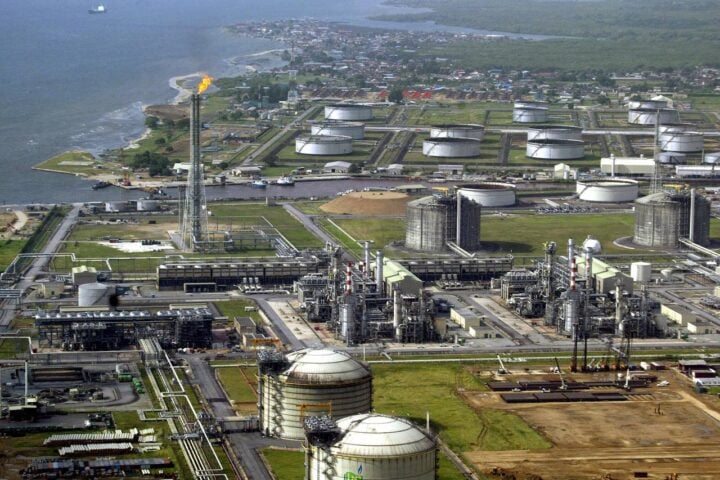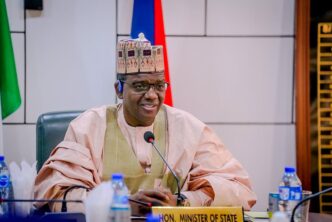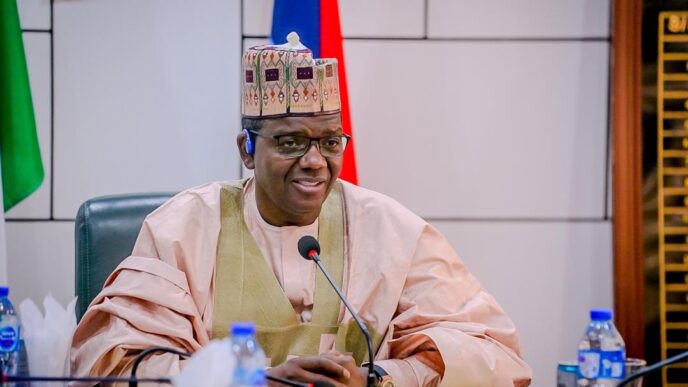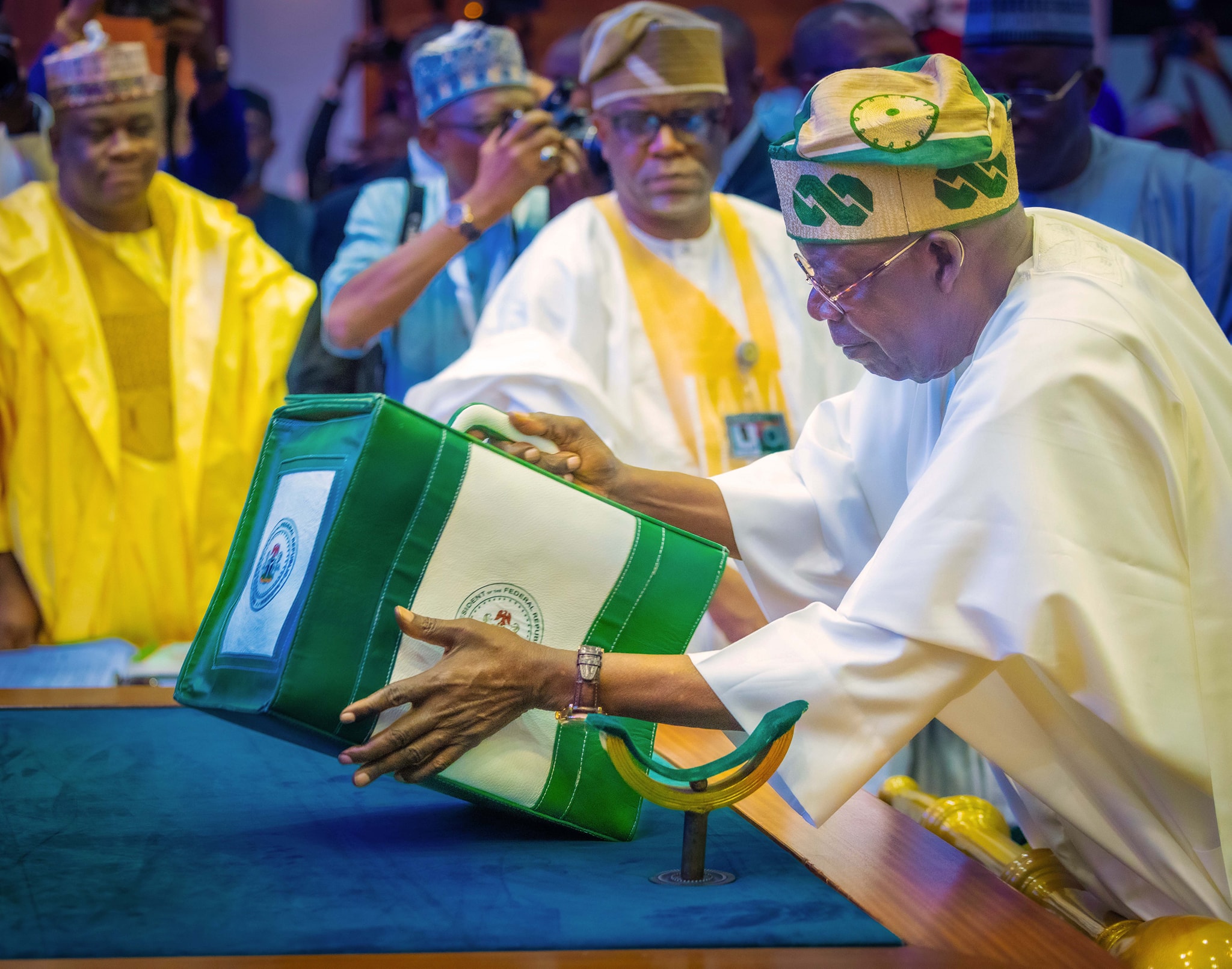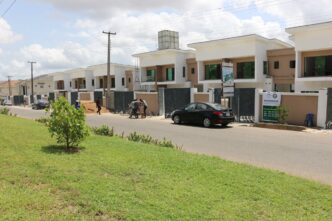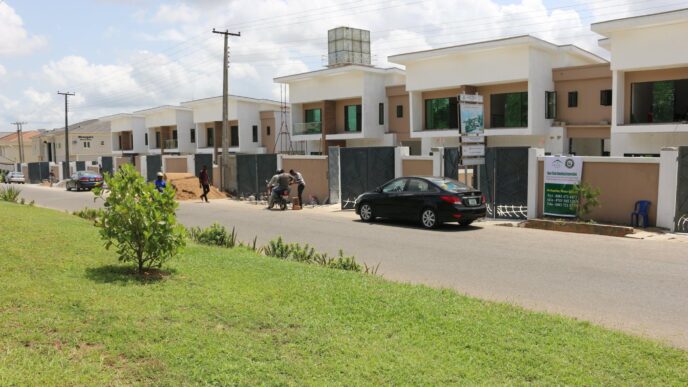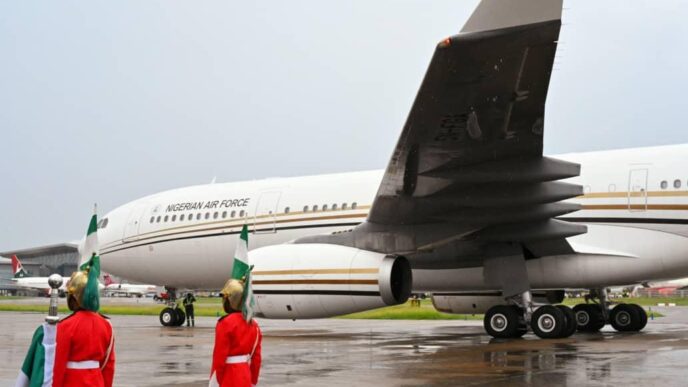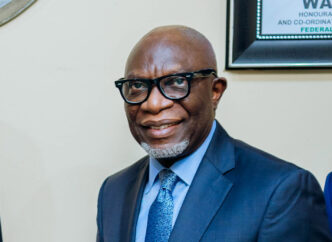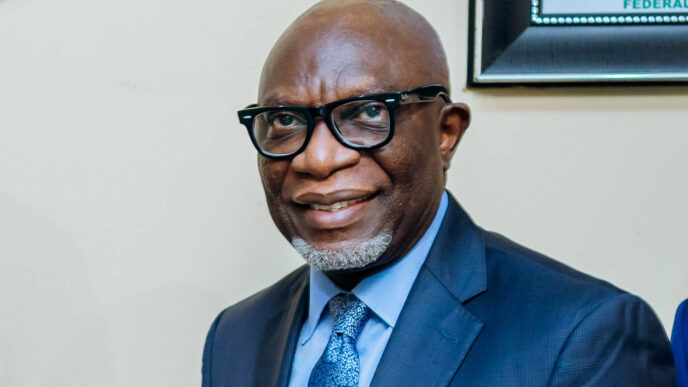BY UMAR YAKUBU
A nation can survive its fools and even the ambitious. But it can not survive treason from within – Marcus Cicero
In the promotion and protection of the state, the concept of treason stems from nation states at war with each other battling for resources and territory. Since the establishment of the United Nations (UN), most wars and occupations, from Napoleonic Wars, World War 1 and 2, to 65 major conflicts have all revolved around the enhancement, protection, security and welfare of individual states.
In modern times, save for current territorial occupations in Palestine, Moldova, Armenia and a few others, the wave of seeking to conquer lands for territory and resources have waned, especially in the period after 1945 – arguably one of the few positives in favour of the continuing relevance of the UN as a global body of influence.
With globalization, geoeconomics and the surge in technological capacities, nation states are facing different varieties of combined internal and external threats, that pose real challenges to national security, which often lead to state capture, just like how territories were captured pre – 1945.
Advertisement
The first-generation mode of warfare conducted with bows, arrows, and bladed weapons is long gone. The second-generation usage of firearms is also witnessing a transformation – even decline – within the context of inter- state conflict. Countries leaned towards realism are arming themselves to the teeth with nuclear weapons but not shooting at each other.
The world is over-armed, but there are fewer countries using arms against themselves. This is the third-generation form of warfare. The fourth and currently evolving generation is clearly the threat posed by internal and external forces clandestinely working to destroy a country from within. The threats may not be from states but from business interests and vampire characters from different fields.
All countries have different resource endowments. For now, and in a long time to come, until there is a conscious, radical change in governance methods to unleash our minds and potentials, the Nigerian state would remain heavily dependent on the extractive industry for crucially needed income to at least sustain and expand the political economy of the country. As a nation, we have been distracted for decades, myopically dependent for our survival almost solely upon the income that came with oil discovery.
Advertisement
Our continuous delusion is that the extractive resources underground is sufficient for 200 million people in 2024. It should worry discerning leaders with this archaic line of thought that our population is now being projected to become 350 million people by the year 2050. Even with the potential for gas reserves of 37 trillion cubic feet, we have failed this late in the day and still have not laid the right political and business environment to harness its potential.
With these very apparent limitations in options, at least in the near to medium term, we critically require the proceeds from oil rent to at least serve as working capital, which should in turn, hopefully unleash and unlock our bubbling potentials in other equally viable sectors of the economy.
Several columnists from different news mediums, especially ThisDay, have over-documented and over-analyzed the problems of the oil and gas sector in the past two decades around grand corruption and poor governance. It’s been an ongoing lament and clarion call, but it has evidently reached the stage where organized crime around it now threatens the survival of the Nigerian state!
The country’s external reserves are bleeding. Foreign exchange earnings are ebbing, with the concomitant result that Nigeria cannot finance basic and essential imports, and neither is it able to strategically undergird productive sectors of the national economy so that they are able to at least maintain current manufacturing and employment levels. It is, therefore, unsurprising that we are witnessing record inflation levels.
Advertisement
The macroeconomic crisis is pushing millions more into becoming multi-dimensionally poor, which scourge only further exacerbates the insecurity problem. There are several drivers of insecurity, but a critical one is poverty. The criminal justice system at the national and sub-national levels is too weak, fragmented, and in many instances ridden with corruption to be able to address the various crimes emanating from macroeconomic policies.
A continuous rise in security spending can not address these macro-economic problems of inflation rate, interest rate, and foreign exchange rate. The president needs to reflect on the intent and spirit of the Constitution, which is clear about the role of state – which is unambiguously, the security and welfare of Nigerians, as more importantly, defending the state against enemies, foreign and domestic.
The state is currently under severe threat, and not by any foreign power but by acts of the 4th generation type warfare espoused earlier, via organized crime by domestic elements in cahoots with foreign players. Combined, these are engaged in acts that are undermining and compromising the integrity and existence of the state.
A state that has control over the Nigeria Police, Department of State Services, Nigeria Security & Civil Defence Corps and can not protect its oil infrastructure ,a bastion of its very survival, is a weak state . A state that must resort to its armed forces such as the Army and Navy to support its internal security architecture to protect oil infrastructure – and which effort has failed over the years – is a weaker state.
Advertisement
A state whose combined law enforcement and security organizations, together with its armed forces have signally failed to combat and stamp out evident threats for decades now, is the textbook definition of a captured state. Now, what should a responsible state do when it is threatened to this level? All the malevolent actors involved should be tagged as agents of treason – and the state should treat them as such with every legal means available.
Therefore, such people, whether they are found to be within the public or private sectors, within and outside Nigeria, should be tried under section 37 of the Criminal Code which deals with persons waging war against the State. Marcus Cicero’s statement quoted above implies that dangerous internal actors such as these within the extractive industry and their accomplices are attacking the very soul of the nation.
Advertisement
It’s high time we ceased to address it as a corruption problem. This is a high crime, furiously hacking at the root of national security. The Commander-in-Chief has a statutory function to execute – and this is for him to uncompromisingly eliminate any and all threats against the Nigerian state. I believe he has enough information at his disposal to know the persons, private interests, and public institutions that have constituted themselves into this embarrassment, threatening the Nigerian state.
Yakubu writes from the Centre for Fiscal Transparency & Public Integrity
Advertisement
Views expressed by contributors are strictly personal and not of TheCable.
Add a comment
